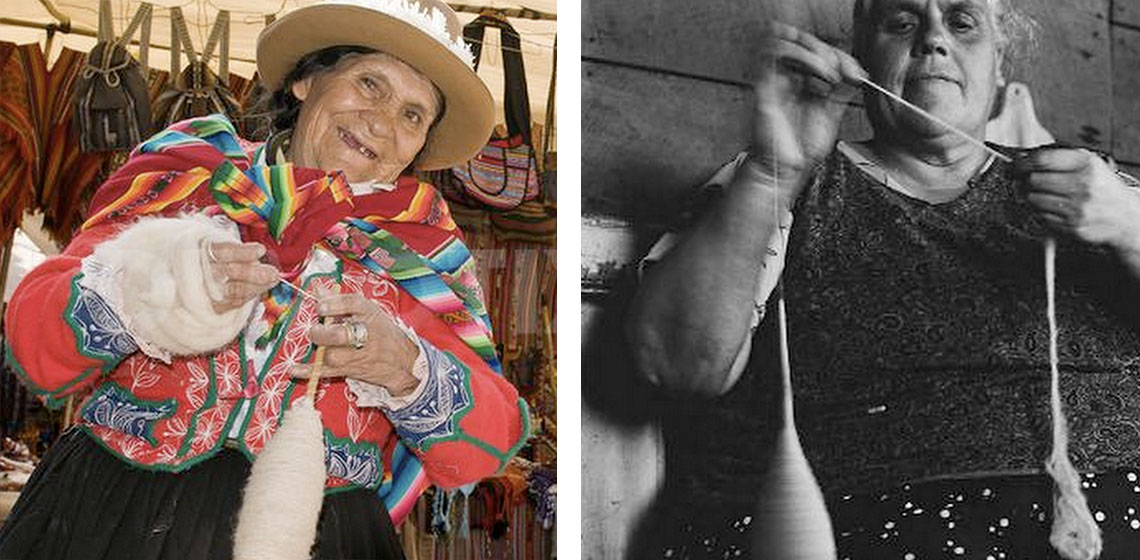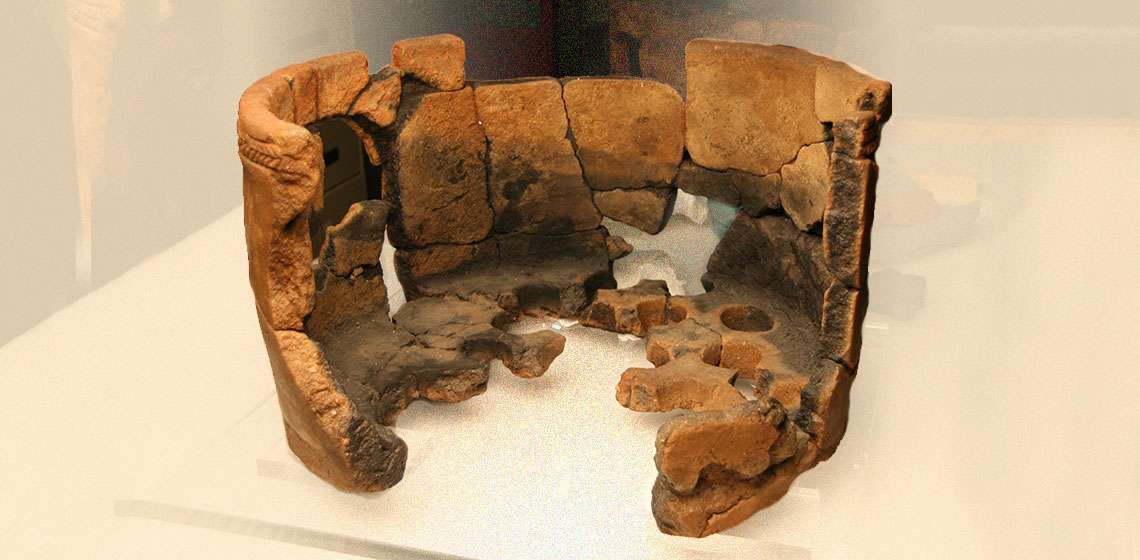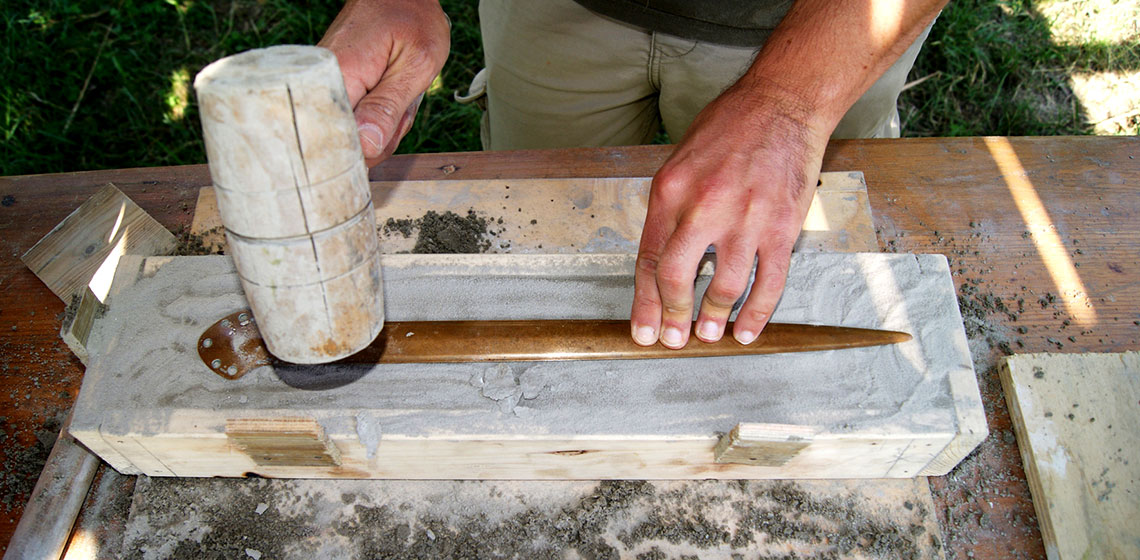Featured in the EXARC Journal
Experimental Archaeology
The Registry of Memory Process Applied to Experimental Archaeology in a Castromao “Oven”
***Memory is the cognitive process that codifies, stores and retrieves past actions that are perceived in the present, generating our remembrances and perceptions of the past and informing our knowledge of the world around us (...) Applied to archaeology, memory can be understood as the marks or...
Observations on Italian Bronze Age Sword Production: The Archaeological Record and Experimental Archaeology
***In spite of the very large quantity of Bronze Age swords in Northern Italy, only a few stone moulds have been found. Tests have shown that carving such big stone moulds (more than 60 cm long) requires a large amount of raw material, deep knowledge and skill, rather than a wide set of implements...



